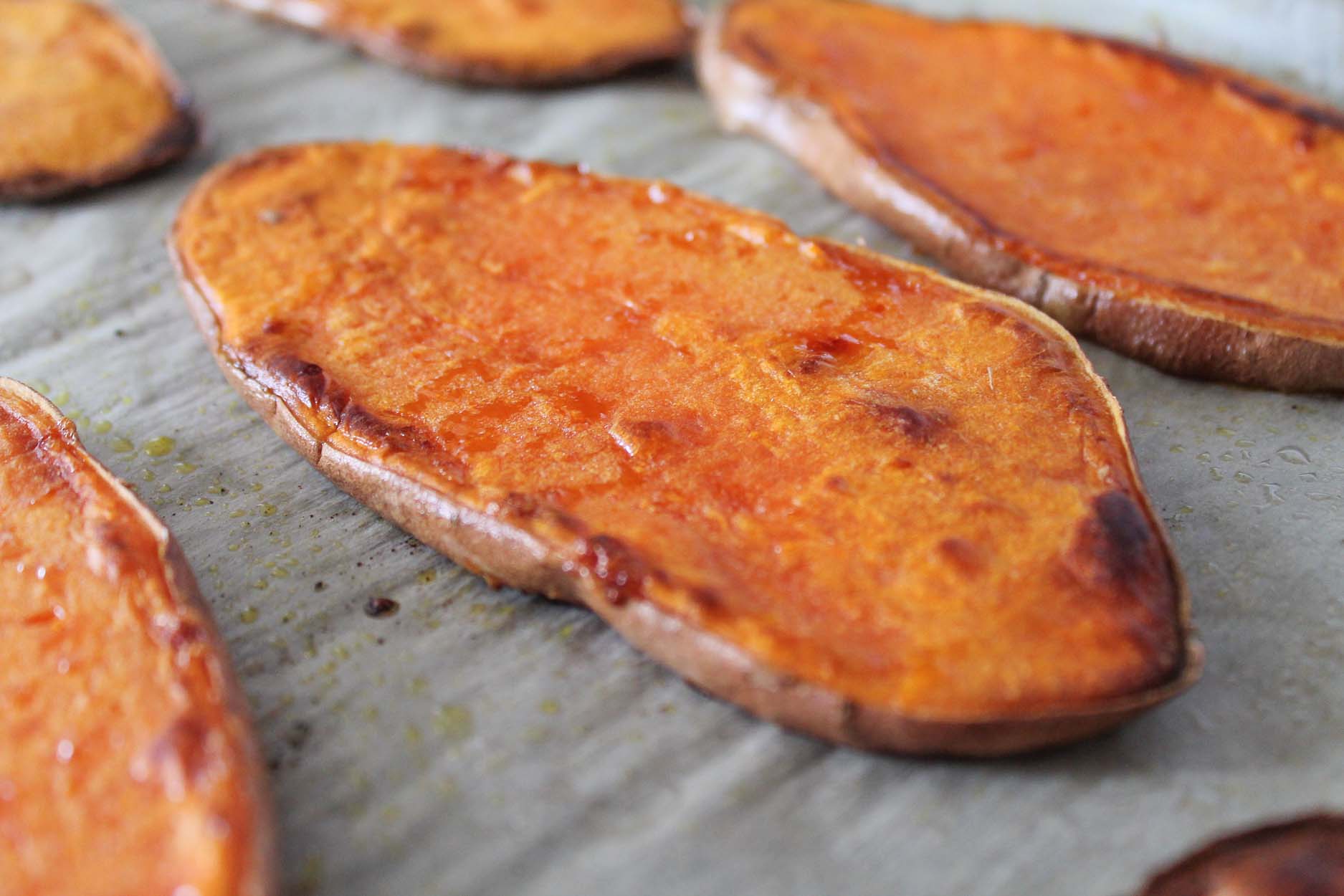Scientists are constantly making discoveries about the relationship between food and cancer.
The International Journal of Cancer recently announced that everyday hot tea intake could boost the danger of most esophageal cancers. Other studies have warned about ingesting pork, which has been related to an expanded risk of colorectal cancers, and consuming sugary meals, which act as gasoline for cancer cells.
Even how we consume foods could have significant health implications. For more than 15 years, scientists have questioned whether or not eating acrylamide – a chemical found in burned, charred, and toasted food – hurts human fitness. Foods with better stages of acrylamide consist of popular gadgets like espresso and french fries and grain-based foods like toast and breakfast cereal. Because acrylamide has been discovered in food relatively recently, we don’t have any concrete solutions to whether or not it causes cancer. Still, current research has brought us towards knowledge of the capacity danger.
What is acrylamide, and does it cause cancer?
The discovery of acrylamide dates back about two years. In the past due Nineteen Nineties, people on the Hallandsås Tunnel in Sweden started to revel in nausea, dizziness, and a prickling sensation in their fingers. Shortly after, fish in rivers near the tunnel commenced to die, and cows that had eaten up that water became paralyzed. Scientists determined that the employees and animals had all been exposed to acrylamide, which seeped into the ground and surface water at some stage in creation. In 2002, scientists discovered that acrylamide was additionally present in starchy foods like bread, cookies, and potato chips. Today, it could be observed in multiple-thirds of the energy fed in Europe and the US.

Food fried, baked, or roasted at excessive temperatures undergoes a Maillard reaction that causes it to be brown (consider the golden crust on a baguette or the charred outside of a roasted marshmallow). This reaction can shape acrylamide in small doses. Thus, studies have only proven that acrylamide results in cancer in rats and mice exposed to the chemical at much higher doses than humans might stumble upon. In its cutting-edge chance evaluation, the Institute of Food Science and Technology (IFST) stated that the results from those animal studies “are indicative of a fitness difficulty.”
Food safety advocates have expressed specific situations about the presence of acrylamide in toddler food, considering that kids are more susceptible than adults to most cancer-inflicting chemical substances. 2012 look at Poland determined that cheerful toddlers have more than a dozen instances uncovered acrylamide in business baby food than the common populace.
The International Agency for Research on Cancer (IARC) lists acrylamide as an “in all likelihood carcinogen”; however, it continues to be operating to determine the link between cancer and acrylamide-containing meals. In March, a collaborative take look led by the corporation discovered that acrylamide could produce signature genetic mutations in people that may cause most cancers. In a press release, the observer’s senior writer stated that “destiny investigations might also, in the long run, offer a sturdy rationale for decreasing the publicity to acrylamide within the popular population.”
California shops are posting warnings about acrylamide
California issues cancer warnings for all items, from boats to timber furniture to Tiffany lamps.
In 2018, a California decision ruled that espresso groups should submit warnings for approximate acrylamide by Proposition 65, a country law requiring groups to alert residents to enormous exposure to poisonous chemical substances. California’s Office of Environmental Health Hazard Assessment is now attempting to oppose that ruling, arguing that coffee intake poses no good-sized danger. Their stance is backed by the United States Food and Drug Administration, which said that cancer warnings “could be much more likely to deceive clients than to tell them.”
For over a decade, restaurant chains like McDonald’s, KFC, Wendy’s, and Burger King also agreed to post warnings of their California shop’s approximately acrylamide in french fries. McDonald’s within the UK has followed methods to lessen the presence of the chemical, including cooking at lower temperatures or switching to potatoes with less starch. In 2008, Heinz and Frito-Lay each settled complaints with the country of California after agreeing to reduce the concentrations of acrylamide in their products. Edmund Brown, The legal professional at the time, referred to the settlements as “a victory for public health and safety.”
The acrylamide dose makes the poison.
One of the overall ideas of toxicology is that the dose makes the poison. When we are exposed to chemical substances in extraordinarily high amounts, there may be a potential to get ill, but an order of french fries or a cup of coffee is not likely to kill you. “Adults with the very best consumption of acrylamide should devour a hundred and sixty times as a lot and still most effective be at a level that toxicologists suppose not going to purpose elevated tumors in mice,” David Spiegelhalter, a University of Cambridge professor who researches public risk, instructed Popular Science.
New evidence could trade our know-how of its relationship to cancer as with any chemical. In the Nineteen Eighties, any product containing the zero-calorie sweetener saccharin – sold beneath the emblem called Sweet’N Low – became required to have a warning label saying it became carcinogenic. The concerns have been based on an unmarried examination of saccharin publicity in rats, which evolved fallacious. The rats in the experiment were already vulnerable to a parasite that specifically put them at risk of bladder cancer.
Following this discovery, the US Department of Health and Human Services eliminated saccharin from its list of most cancer-inflicting marketers. While the risks of eating acrylamide are not fully understood, new studies may want to find that it’s dangerous or dangerous to human fitness under no circumstances. For now, humans shouldn’t fear cancer while roasting marshmallows or ordering french fries – but they could need to live in tune for destiny studies.


